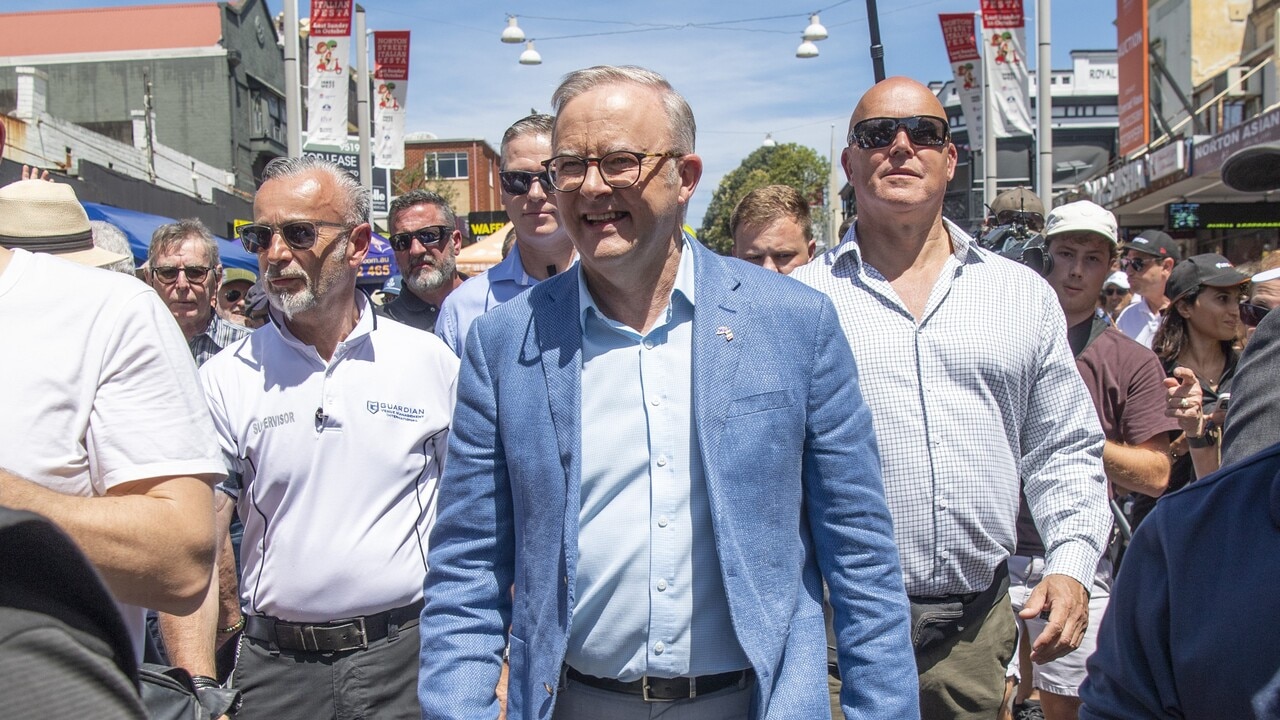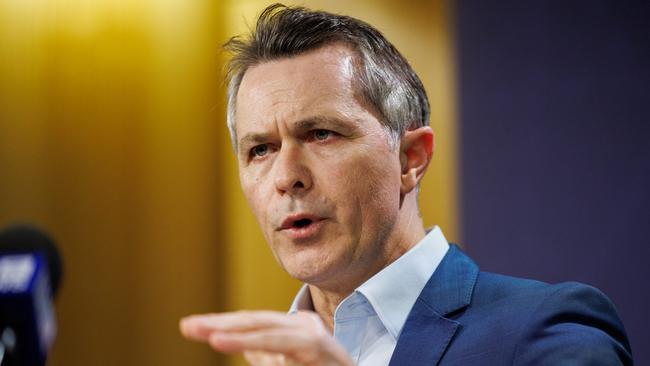Major changes announced to millions of student debt holders
The Albanese government is pledging major relief for Australians burdened by study loans if the Labor is re-elected next year.

Education Minister Jason Clare has formally announced an overhaul to student loans if Labor is re-elected in the next federal elections, arguing the changes will not add to inflation and encourage people to work more hours.
In a pre-election promise for Australians burdened by study loans, Labor has pledged cost-of-living relief for “millions of Australians who’ve just finished uni or just finished TAFE.”
The reforms will apply to everyone who has a student debt, including all HELP, VET Student Loan, Australian Apprenticeship Support Loan and other student support loans from July 1 next year.
Under the plan, the minimum threshold for repayments would be lifted by more than $10,000 a year, from about $54,000 in 2024-25 to $67.000 in 2025-26. This threshold would be indexed to about 75 per cent of average graduate earnings.
This change, which does not alter the overall amount of the person’s debt, was recommended by Bruce Chapman, one of the academics who designed the original HECS scheme in the 1980s. Mr Chapman undertook work for the universities accord released by Education Minister Jason Clare.
Mr Clare made the announcement from Sydney on Saturday, saying it was a “big deal” for three million Australians.

“What we’re announcing today is a big deal for three million Australians. It’ll reduce the amount that they have to repay in student debt every year. And this builds on the reforms that we’re implementing right now,” Mr Clare said.
“What it means is that there’s more money in your pocket rather than in the government’s. On top of this, it’ll also mean that you won’t have to start paying back your student debt until you earn 67 grand a year.”
Asked if the changes would add to inflation, Mr Clare said it was “not the advice that we’ve received from Treasury,” arguing more people will be encouraged to work more hours.
“This does not affect returning inflation within the band. In fact, I had a yak this morning with Professor Bruce Chapman who, as I said, is the architect of the original HECS scheme. He made the point to me, and you can actually see this if you read the University’s Accord report, that one of the things that this does by improving this and reducing the amount that people have to repay every year is that it will encourage a lot more people to work more hours, particularly Australian women who are currently unfairly affected by the way the system works at the moment.”
Speaking ahead of the announcement, the Anthony Albanese sought to paint Labor as the “party of education” and promised to take a “positive and ambitious agenda” to the next federal poll, widely expected to be held in May.
“No matter where you live, no matter how much your parents earn – we will work to ensure the doors of opportunity are open for you,” the Prime Minister said. “We will make it easier for young Australians to save in the future, and we are going to make the system better and fairer as well.”
A university graduate earning $70,000 would have their minimum repayments reduced by $1,300. A graduate on $80,000 would receive a cut of $850.
The relief would apply to all graduates earning up to $180,000 annually.
This will be the government’s second recent round of changes to the HELP scheme.
In changes to indexation in this year’s budget, the government announced it would cut the student debt of more than three million people, wiping more than $3 billion from what people owe.
There are a lot of young Australians that are doing it tough,” Mr Clare said. “This is about helping them … millions of Australians who’ve just finished uni or just finished TAFE, and they’ve got to pay the rent, they’ve got to pay the bills. They might be saving for a mortgage, wanting to start a family. They’ve got to pay this debt back too. And this is about taking the pressure off them.






To join the conversation, please log in. Don't have an account? Register
Join the conversation, you are commenting as Logout